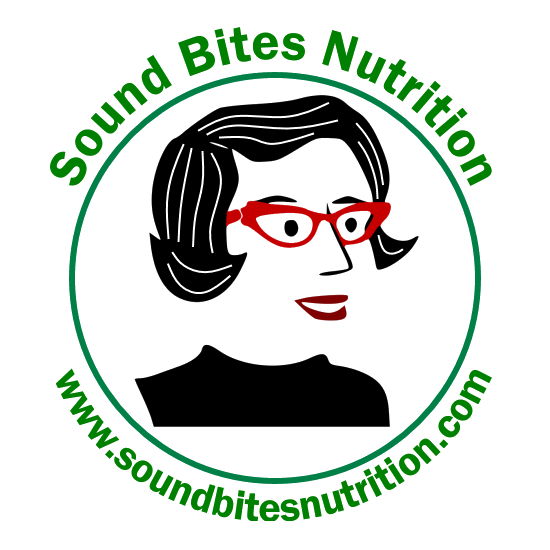Healthy Diet, Healthy Skin
 November is National Healthy Skin Month, the perfect time to remind you that if you want healthy skin it’s more important what you put on your plate than on your face (and body). If you want a healthy glow on your cheeks close your makeup bag and head to the kitchen. You’ll find the perfect ingredients for healthy skin in your refrigerator and pantry.Research has determined that many nutrients play a key role in maintaining, protecting and repairing skin and keep it looking younger. Here is a list of important nutrients and the foods you should be eating to make sure you keep your skin looking its best:
November is National Healthy Skin Month, the perfect time to remind you that if you want healthy skin it’s more important what you put on your plate than on your face (and body). If you want a healthy glow on your cheeks close your makeup bag and head to the kitchen. You’ll find the perfect ingredients for healthy skin in your refrigerator and pantry.Research has determined that many nutrients play a key role in maintaining, protecting and repairing skin and keep it looking younger. Here is a list of important nutrients and the foods you should be eating to make sure you keep your skin looking its best:
- Antioxidants protect our skin from free radicals, like the kind caused by too much sun exposure. Eat your fruits and vegetables daily for a steady supply of skin-protecting antioxidants. If you have trouble getting in the recommended daily servings make sure you pick the ones that provide the most protection – artichokes, beans, berries (blackberries, blueberries, strawberries) and plums have a high antioxidant capacity based on the findings of a recent study.
- Fatty Acids keep cell membranes healthy. The membranes serve as the protective coating for cells – letting in all the good things and keeping out all the bad things. Healthy membranes can also prevent dry, flaky skin by holding in more moisture and keeping our skin well-lubricated. Include plenty of fatty fish (salmon, tuna, etc), walnuts, flax seed and canola oil to make sure you consumeenough omega 3 essential fatty acids. Cold-pressed or expeller-processed oils and extra virgin olive oil are also high in nutrients that are good for our skin & body.
- Selenium is a mineral that plays a role in keeping skin cells healthy. Studies have shown that when there are high levels of selenium there is less oxidative damage in skin cells – the kind of damage that can increase the risk of skin cancer. Eat brazil nuts, tuna, turkey and whole wheatbread, cereal & muffins to ensure you keep up your selenium levels.
- Vitamin A is considered essential for maintaining and repairing skin tissue. Low fat dairy foods such as yogurt, 1% milk and light mozzarella cheese are high in vitamin A. Another way to get enough vitamin A is by eating brightly colored fruits & vegetables that contain high levels of beta carotene which the body then converts to vitamin A.
- Water, especially mineral-containing hardwater, keeps skin hydrated and helps move good nutrients into our cells whiletaking out toxins. This results in greatlooking skin. Proper hydration can alsolead to efficient sweating – another way to keep skin clean.
